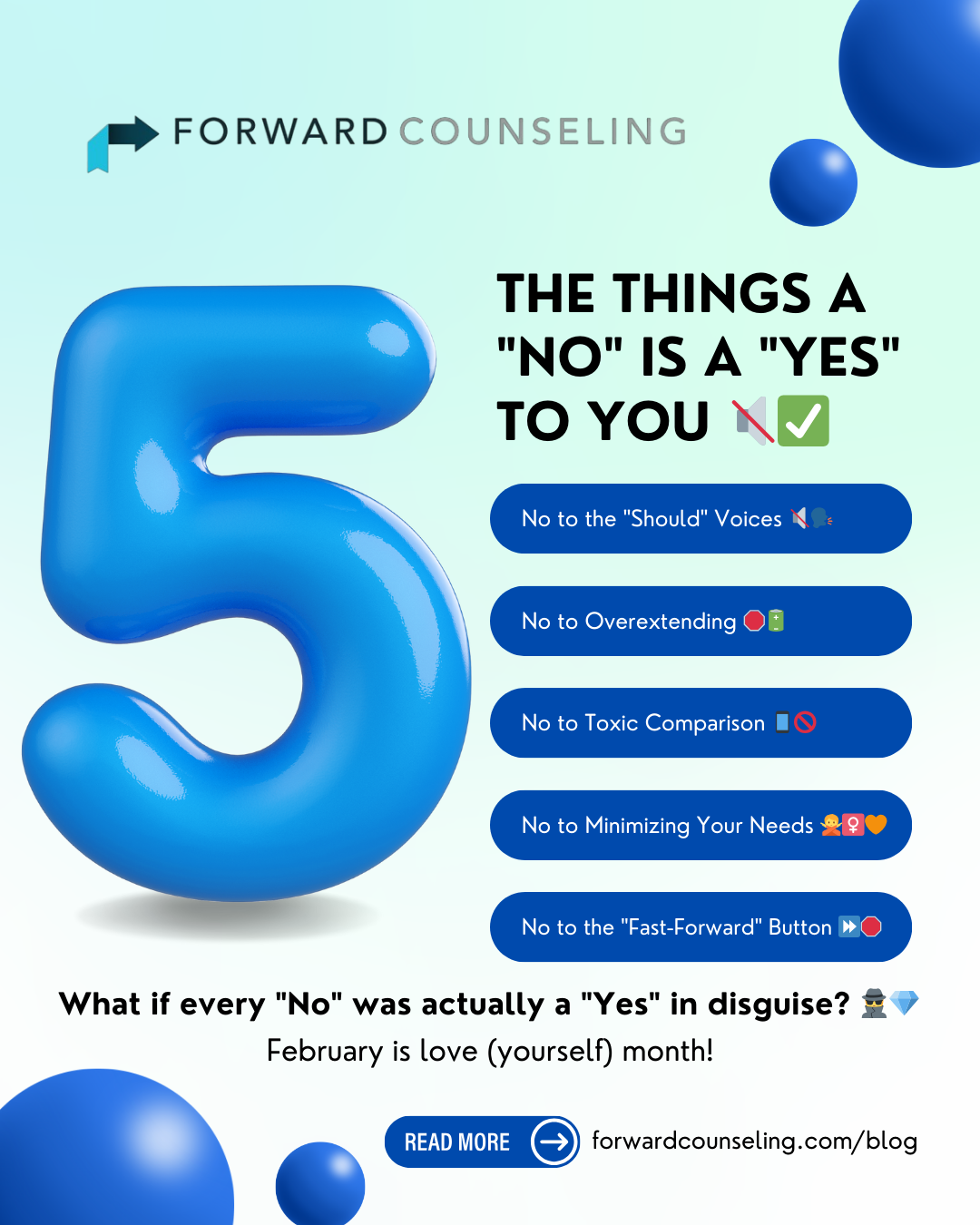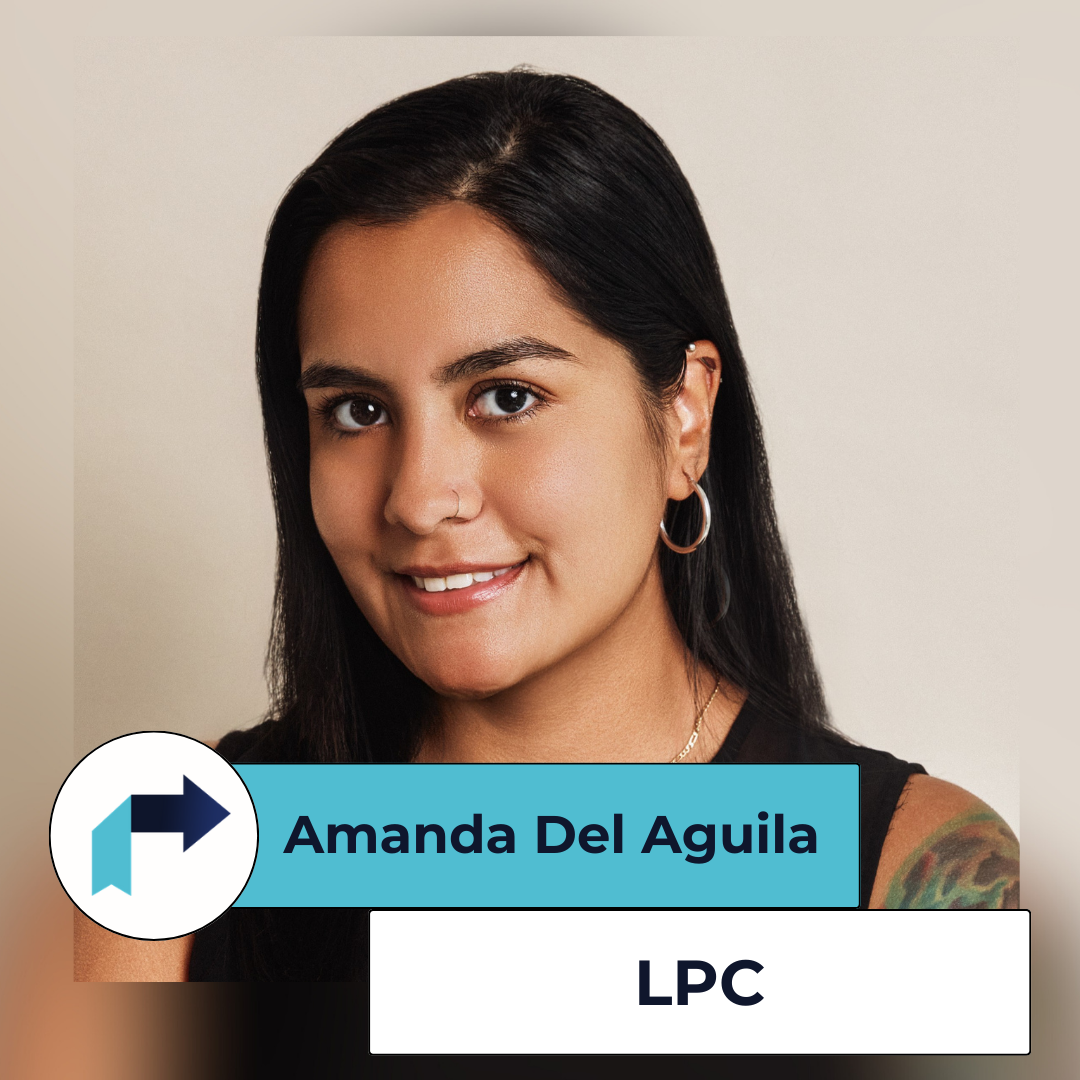How To Move Through Fear and Uncertainty
/Though it may not seem like it, nearly everyone at some point has experienced fear of uncertainty. Whether it’s as simple as a fear of getting test results back or a general fear of the future--- the feeling itself is quite common. Uncertainty can be scary for anyone but especially so to people who deal with anxiety in their everyday lives. So what do you do about this fear? How do you continue to go about your day without knowing what’s to come? Unfortunately, we can’t see the future and it probably wouldn’t ease this fear even if we could. The best way to deal with uncertainty is to accept it.
Accepting Uncertainty
Oftentimes this fear is situational. If you have a big meeting coming up, you might dwell on if the meeting will go well, if something will go wrong, what if no one listens, etc. The outcome of the meeting is uncertain but a helpful tip might be thinking of other uncertain things that happen throughout the day that we don’t perceive as make or break; things we don’t necessarily think about at all. How do you deal with these uncertainties?
Is there milk at home for cereal? If not, I’ll just pick some up from the grocery store.
Will I have time to make dinner tonight? Maybe, if not I have leftovers or I can order in.
Like the ones here, most unknowns are not inherently bad! They’re normal occurrences that we expect and accept that we have to plan for. They don’t really impose on our lives in any way, they hold no weight. That big meeting’s outcome does hold weight but it’s still an unknown you can prepare for-- something you can expect and accept.
Learning to Manage Anxiety
Anxious thoughts are just another unavoidable part of life, learning how to manage them is key to moving through life and accepting uncertainty. One way to manage anxious thoughts is to ask yourself: How do these thoughts serve me? Your thoughts are valid, but they can also be ineffectual. If your thoughts can’t be channeled into something productive, i.e if there’s a problem to solve, and your thoughts aren’t looking to solve it and just dwell, then they aren’t useful to you!
Worrying isn't the only way that the fear of uncertainty can manifest; avoidance and constant assurance-seeking behaviors are also things that can and should be managed in order to deal with uncertainty. If you find yourself opting out of doing things that you don’t know the outcome of (I won’t apply for this job, what if I don’t get it) then practice focusing less on the “what if” and more on the fact that doing the task that scares you is an accomplishment within itself, regardless of outcome.
Practice Mindfulness
It’s important to slow down, period. As much as everyone would like to conquer the world before bedtime, it’s imperative that we allow ourselves the time to connect with our bodies and minds. Working through the root of your anxieties is one of the best things you can do to better your mental health. Why does this specific uncertainty cause you anxiety? How does this fear make you feel physically? Will avoiding the problem make it worse? How do these fears serve you? Is there a solution to this fear? Asking yourself questions like these can help manage this fear and put you on the path to accepting uncertainty as a part of your life.
Ask For Help
These tips are a good step to becoming comfortable with the unknown and the fear that it can bring. However, healing and coping doesn’t have to be a solo journey. Ask friends and family to support you by reminding you that life happens, whether we’re ready for it or not. Reach out to counseling options for support as well! A therapist or coach is a good place to find resources for dealing with uncertainty.
We work with clients located anywhere! How can we help? Let us know at forwardcounseling.com/contact






